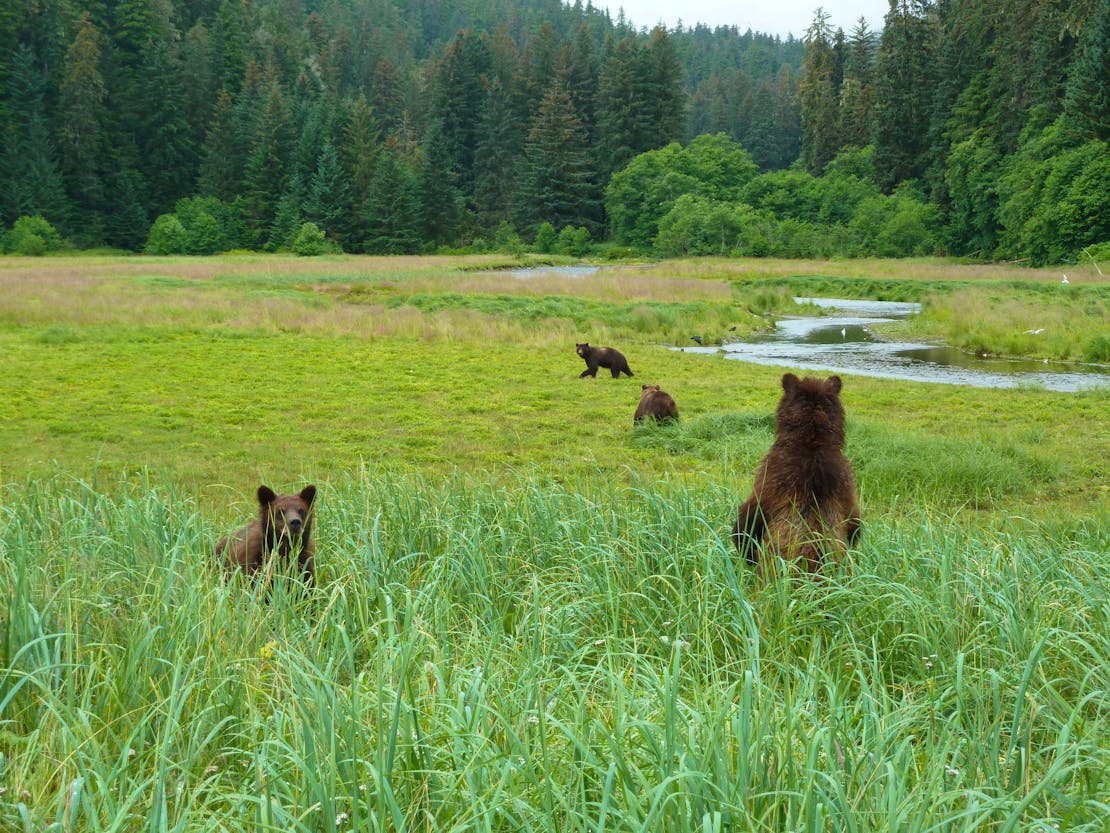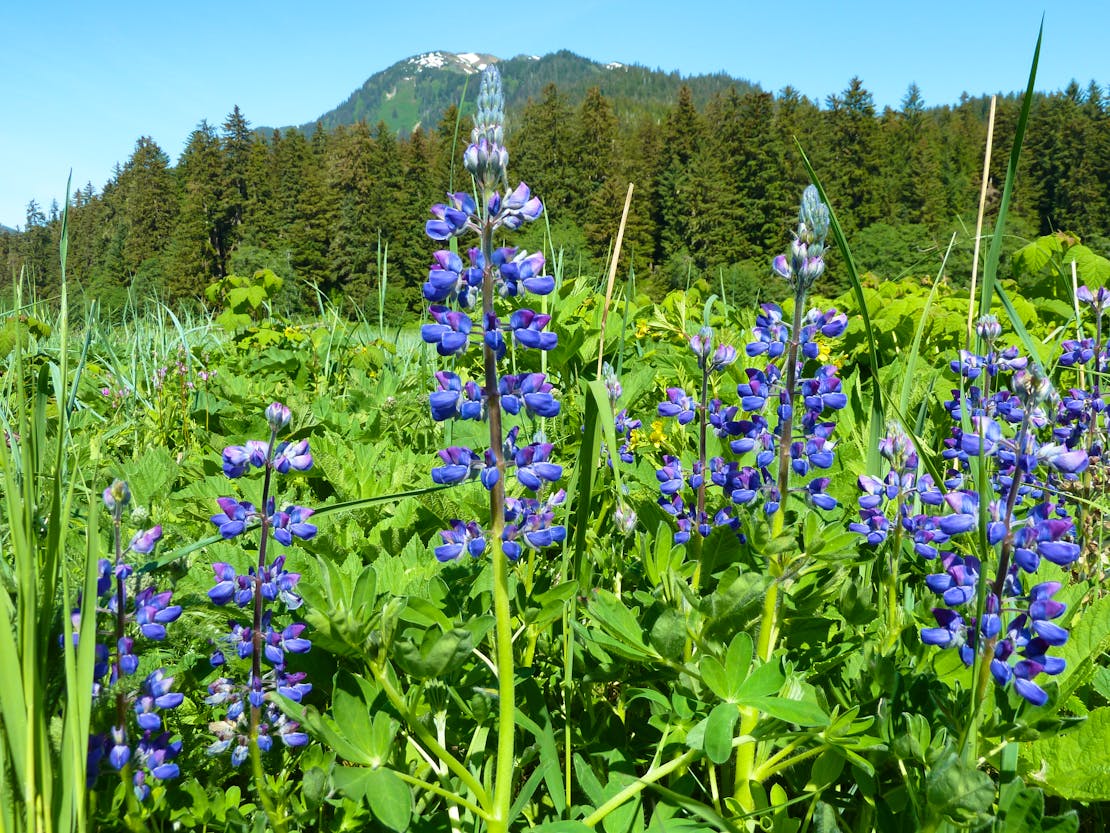Tweet"Protecting the Tongass is an important and historic step in recognizing the role of our forests in fighting today’s biodiversity and climate crises. We look forward to working with the Biden administration to similarly protect older forests and wildlands across the nation."
The U.S. Department of Agriculture announced that next week it will propose reinstating the national Roadless Area Conservation Rule in the Tongass National Forest in Southeast Alaska. The move would restrict development on roughly 9.3 million acres in North America’s largest temperate rainforest.
“Defenders applauds this welcome shift in priorities for the Forest Service on the Tongass, from destructive liquidation of irreplaceable old-growth forests to restoration and recreation investments developed with local input and participation,” said Patrick Lavin, Alaska policy advisor for Defenders of Wildlife. “Protecting roadless and old-growth forests on the Tongass will conserve biodiversity, help address climate change and align Tongass management with the economic realities in Southeast Alaska.”
Among the largest temperate rainforests in the world, the Tongass contains rare expanses of pristine old-growth forest and as many as 17,000 miles of creeks, rivers and lakes. These waters abound with all five species of Pacific salmon, which anchor the economy of Southeast Alaska.
The Tongass supports an incredible array of biodiversity and is home to the Alexander Archipelago wolf, brown bears, Sitka black-tailed deer, among others. The Tongass is also one of the world’s largest carbon reservoirs, storing the equivalent of about 8% of the carbon stored in all the U.S. forests combined. Approximately 1 million visitors come from all over the United States and internationally to see its glaciers, old-growth forests and abundant wildlife.
This move by the Biden administration will roll back a Trump-era rule that exempted the Tongass from the National Roadless Rule. The administration made an announcement last summer that promised to “repeal or replace” the Trump administration rule. More than 95 percent of the comments the Trump administration received while crafting its rule supported keeping the Tongass roadless. A broad coalition of tribal leaders, outdoor recreation businesses and conservationists in southeast Alaska have fought to preserve the region’s remaining cedar, hemlock and Sitka spruce trees.
“Protecting the Tongass is an important and historic step in recognizing the role of our forests in fighting today’s biodiversity and climate crises,” said Lavin. “We look forward to working with the Biden administration to similarly protect older forests and wildlands across the nation.”
The rule, which will be published November 23, will be subject to 60 days of public comment before being finalized.
For over 75 years, Defenders of Wildlife has remained dedicated to protecting all native animals and plants in their natural communities. With a nationwide network of nearly 2.1 million members and supporters, Defenders of Wildlife is a leading advocate for innovative solutions to safeguard our wildlife for generations to come. To learn more, please visit https://defenders.org/newsroom or follow us on X @Defenders.
Media Contact
News

Study Led by Defenders of Wildlife Scientist Shows Noise Pollution Impacts on Migratory Birds







